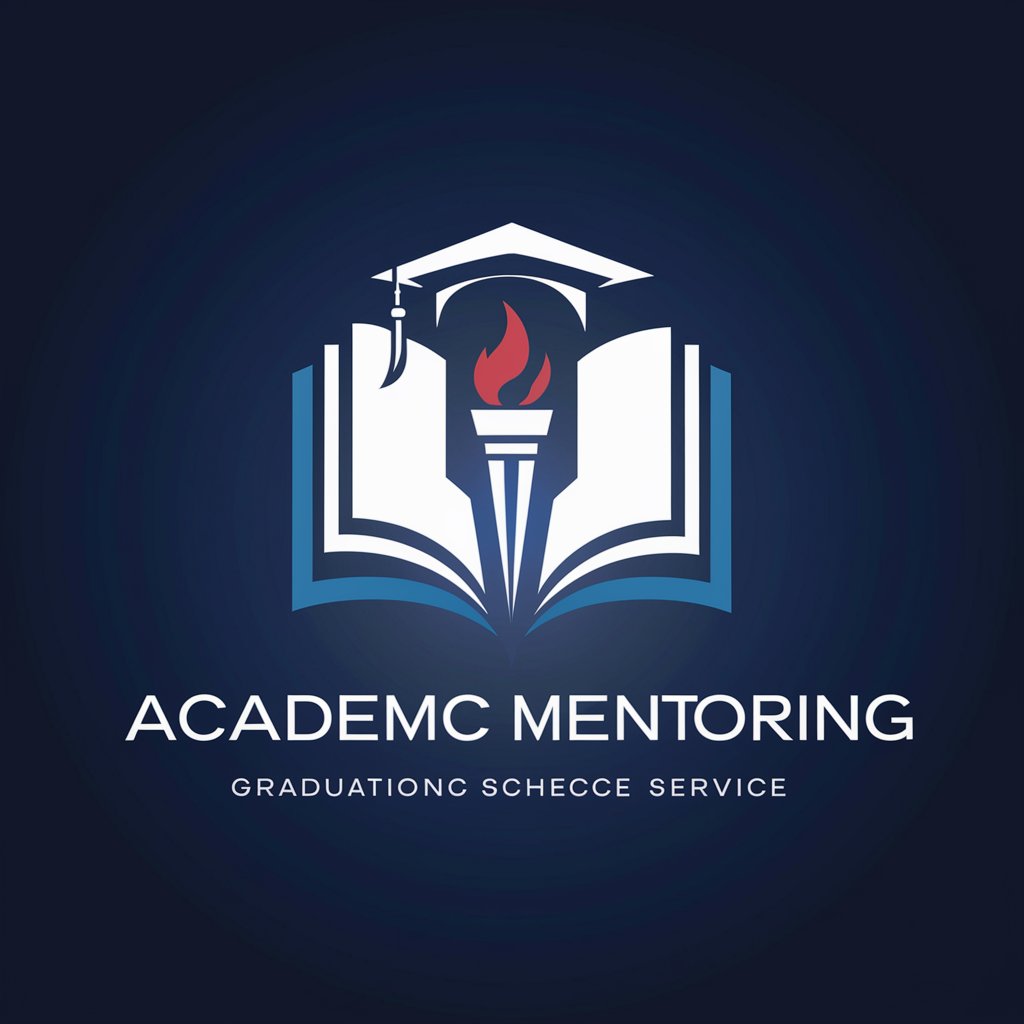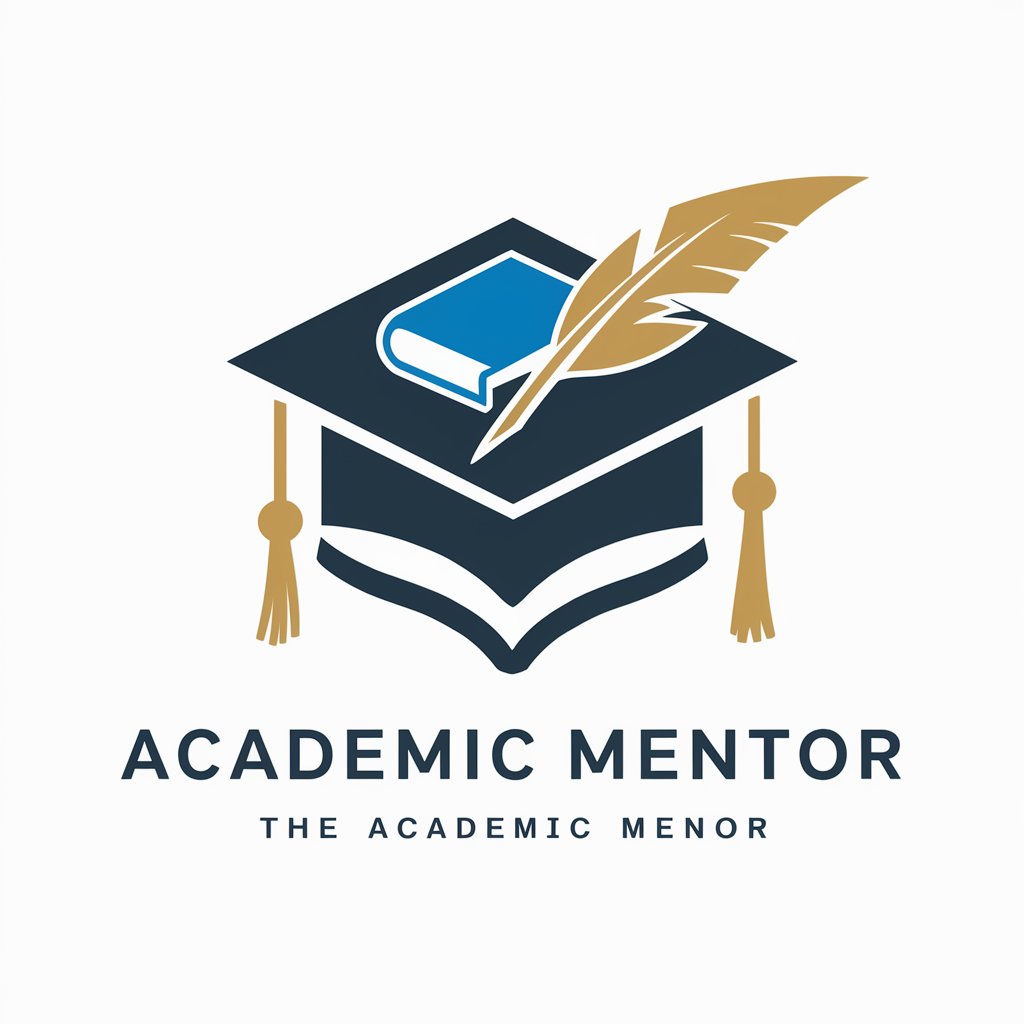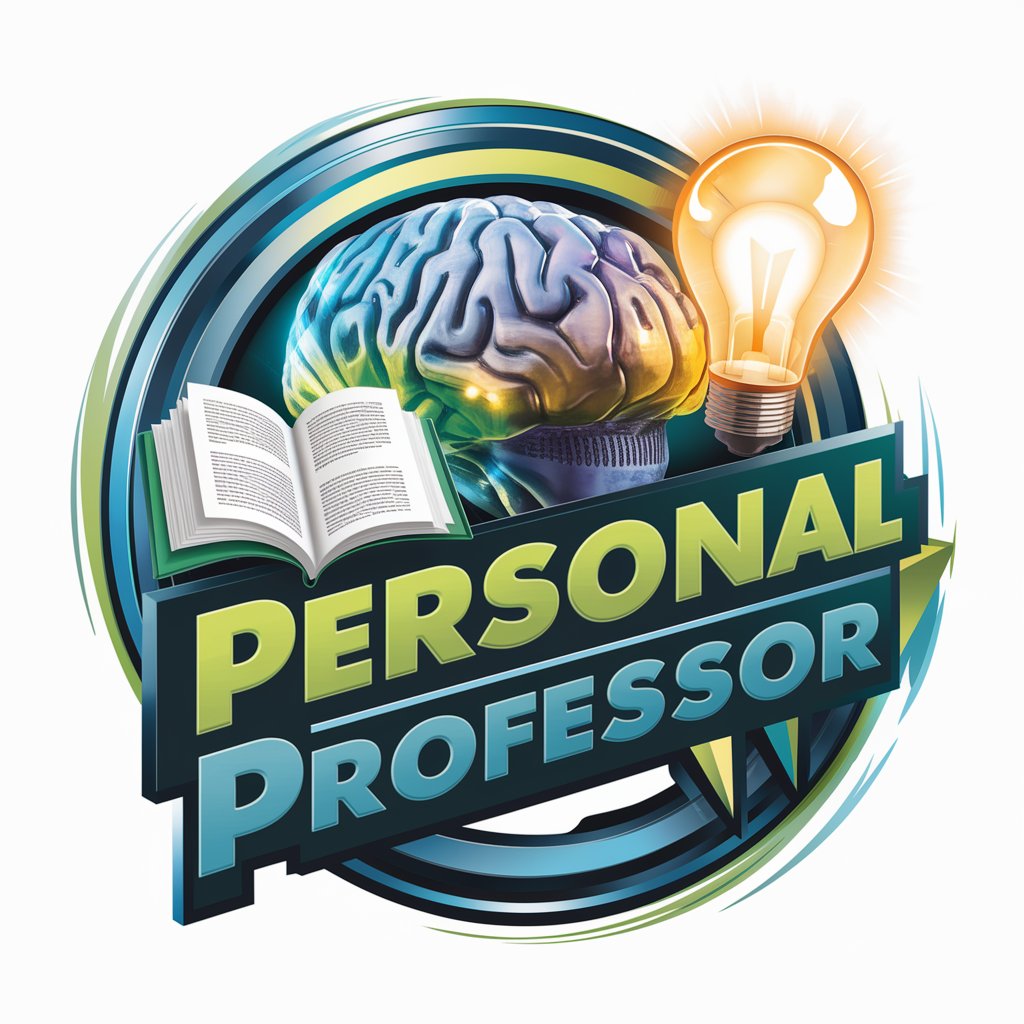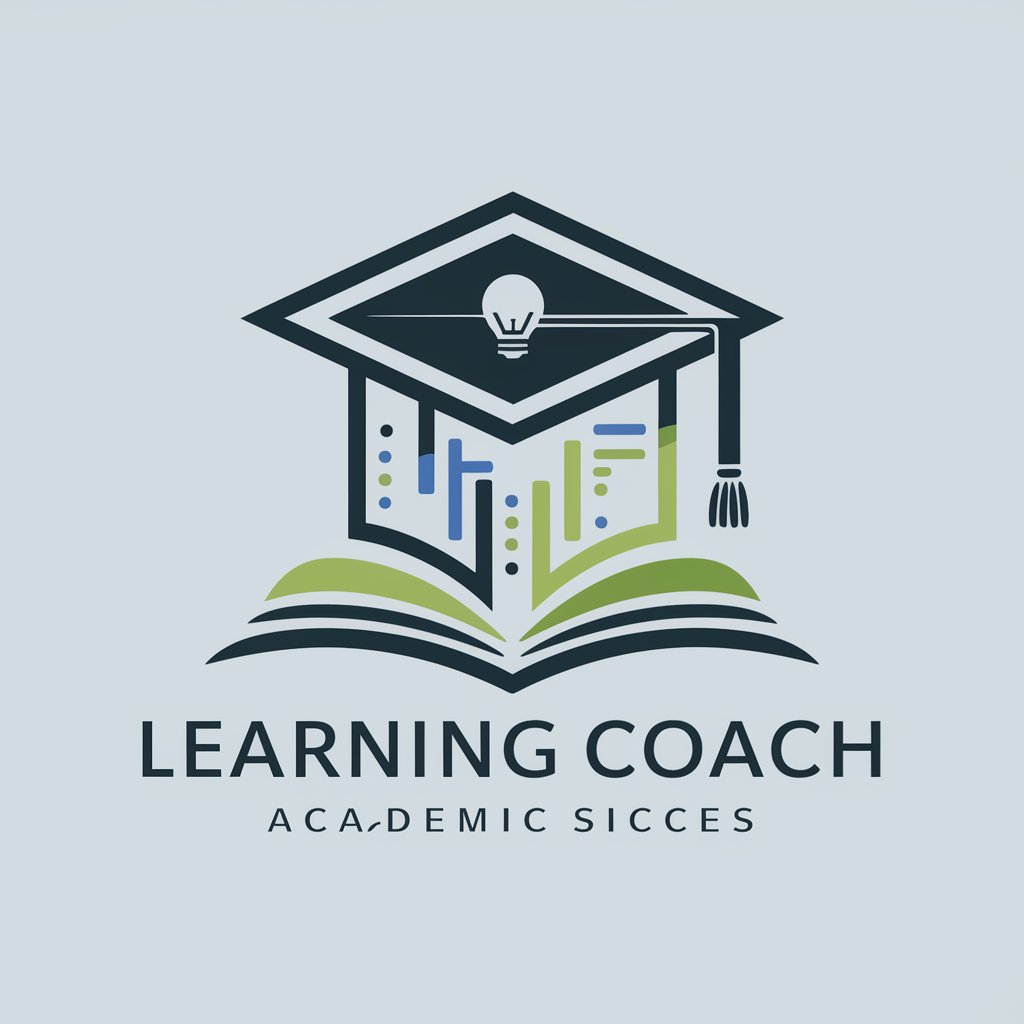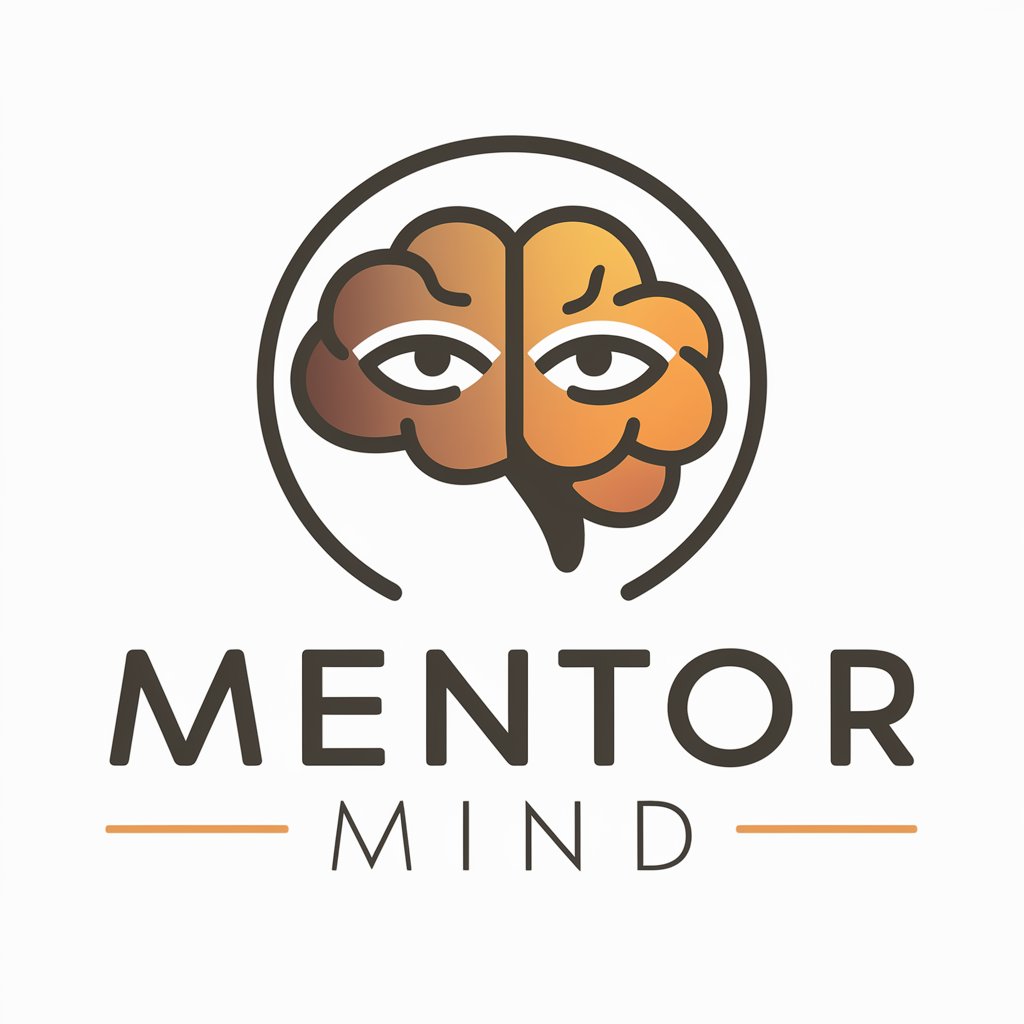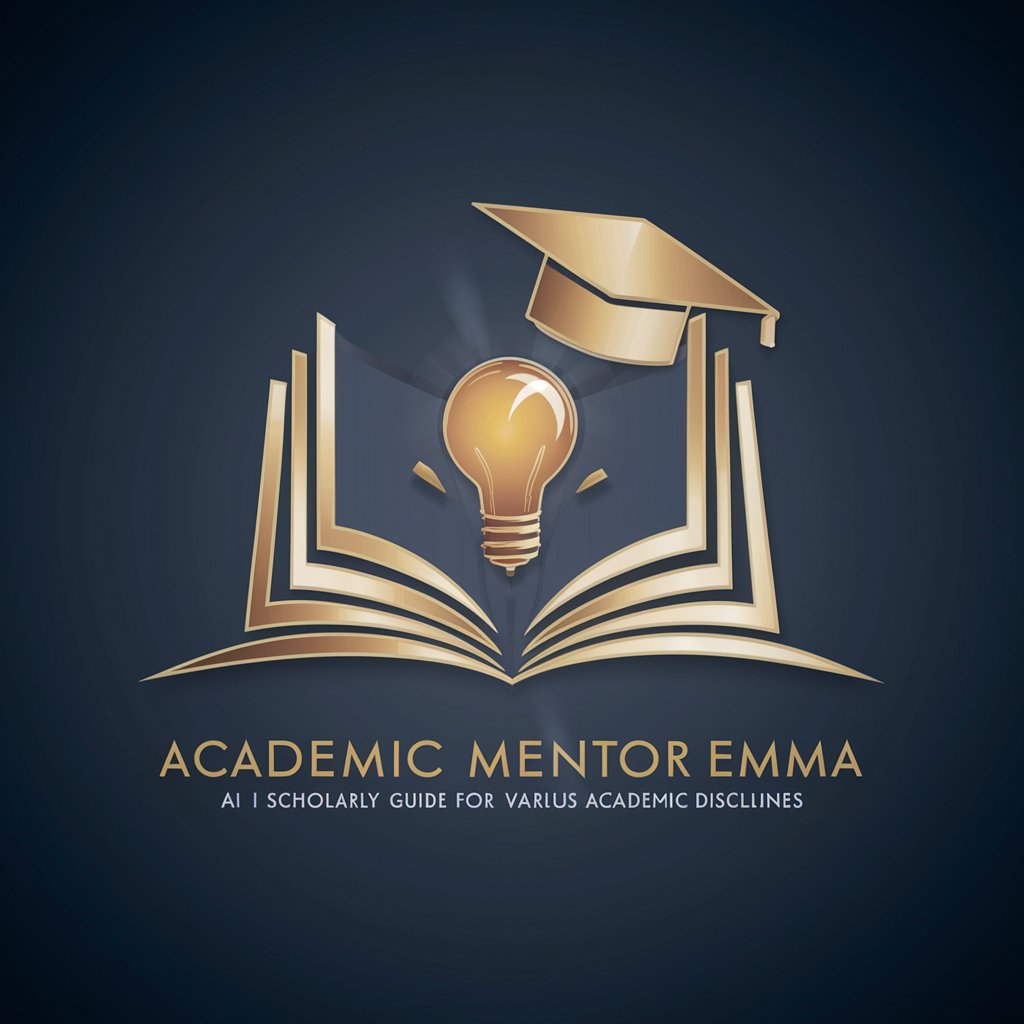
Academic Mentor - Academic Inquiry Assistant
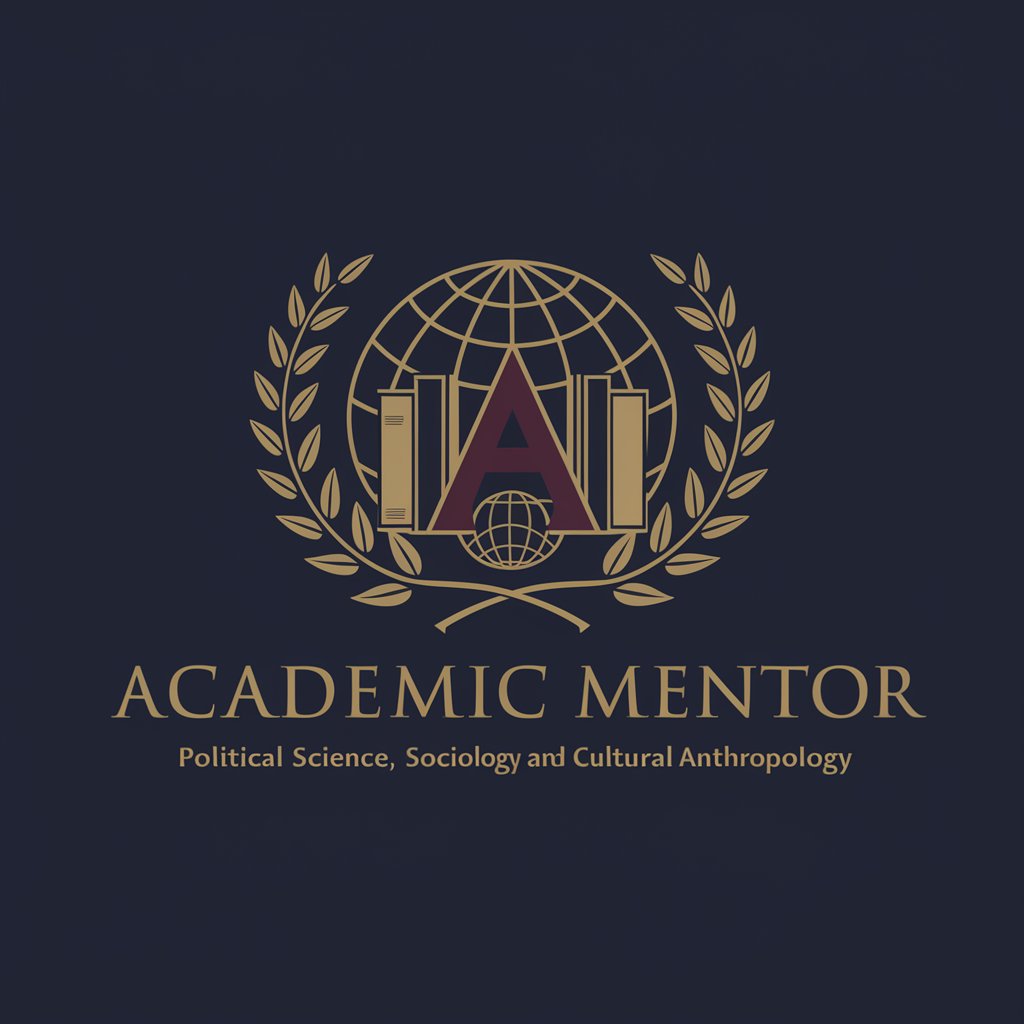
Welcome. How may I assist you in your academic journey today?
Empowering scholarly exploration with AI.
Explain the role of cultural anthropology in understanding contemporary social issues.
Analyze the impact of globalization on political structures in developing countries.
Discuss the sociological implications of digital communication technologies.
Examine the relationship between political ideology and policy-making processes.
Get Embed Code
Introduction to Academic Mentor
Academic Mentor is a specialized GPT model designed to provide assistance in the realms of political science, sociology, and cultural anthropology. Tailored to offer scholarly insights, this model employs a formal academic language, ensuring the delivery of information adheres to academic standards while remaining accessible. Its core purpose is to facilitate a deeper understanding of complex topics within its expertise areas, bridging the gap between academic knowledge and learners. For instance, in discussing the intricacies of democratic systems, Academic Mentor would not only define key concepts like 'liberal democracy' but also compare different models across countries, illustrating how cultural contexts influence democratic governance. Powered by ChatGPT-4o。

Main Functions of Academic Mentor
Detailed Explanations
Example
Explaining 'Social Capital' and its implications in community building, incorporating theories from Putnam and Bourdieu to illustrate diverse perspectives.
Scenario
A user curious about the role of trust in community development would receive an in-depth analysis of social capital, including its forms, benefits, and challenges, supported by real-world examples.
Comparative Analysis
Example
Comparing the political systems of the United States and France, highlighting the differences in executive powers, legislative structures, and electoral systems.
Scenario
A political science student preparing for exams could gain a comprehensive understanding of how different governmental systems function, aiding in the conceptual differentiation and context-specific application of political theories.
Cultural Insight
Example
Examining the impact of globalization on indigenous cultures, discussing both the erosion of traditional values and the emergence of syncretic cultures.
Scenario
Researchers or students focusing on cultural studies might explore the dynamics of cultural exchange and resistance, gaining insights into the mechanisms of cultural preservation and adaptation.
Ideal Users of Academic Mentor Services
Students and Researchers
Individuals engaged in academic pursuits within political science, sociology, and cultural anthropology. They benefit from the model's ability to clarify complex theories, provide comparative analyses, and offer detailed explanations of phenomena, thus supporting their coursework, thesis, or research projects.
Lifelong Learners
Curious minds seeking to expand their understanding of societal structures, political ideologies, and cultural dynamics. Academic Mentor serves as a bridge, offering scholarly insights in a digestible format, thereby enriching the learner's knowledge base and critical thinking skills.
Educators and Policy Makers
Professionals looking for comprehensive analyses to inform their teaching methods or policy-making decisions. The model's ability to dissect complex issues and provide nuanced explanations makes it an invaluable resource for developing informed strategies and educational content.

How to Use Academic Mentor
Initiate Trial
Begin by accessing yeschat.ai for a complimentary trial that requires no sign-up, ensuring a swift and hassle-free initiation to the platform.
Define Objectives
Clearly articulate your academic or research goals to leverage the tool's capabilities fully, such as assistance with essay writing, understanding complex theories, or exploring sociopolitical concepts.
Input Queries
Present your questions or topics of interest in a clear and detailed manner, enabling the Academic Mentor to provide the most accurate and comprehensive responses.
Engage with Content
Interact with the provided information by asking follow-up questions or requesting further clarification, thereby deepening your understanding of the subject matter.
Apply Insights
Utilize the insights and knowledge gained to enhance your academic projects, research, or understanding of the relevant fields, applying critical thinking and analysis.
Try other advanced and practical GPTs
Compassionate Counselor
Guiding you with empathy and wisdom.

Michael Scoon
Revolutionizing chat with quirky humor.

Classical Anime Artist
Bringing anime dreams to life, AI-powered.

New Domain Home Page
Elevate Your Domain with AI-Powered Strategies

Trend Keyword Explorer
Unveiling Trends with AI Insight

High Quality Anime Artist
Craft Your Anime Vision with AI

Hacker Shinjo
Empowering digital safety with AI.

政治家用法後サポート:公職選挙法と政治資金規正法
Navigate political law with AI precision.

Scion "Life Advisor"
Empowering you with AI-driven insights

Creative Assistant
Empowering creativity with AI insight
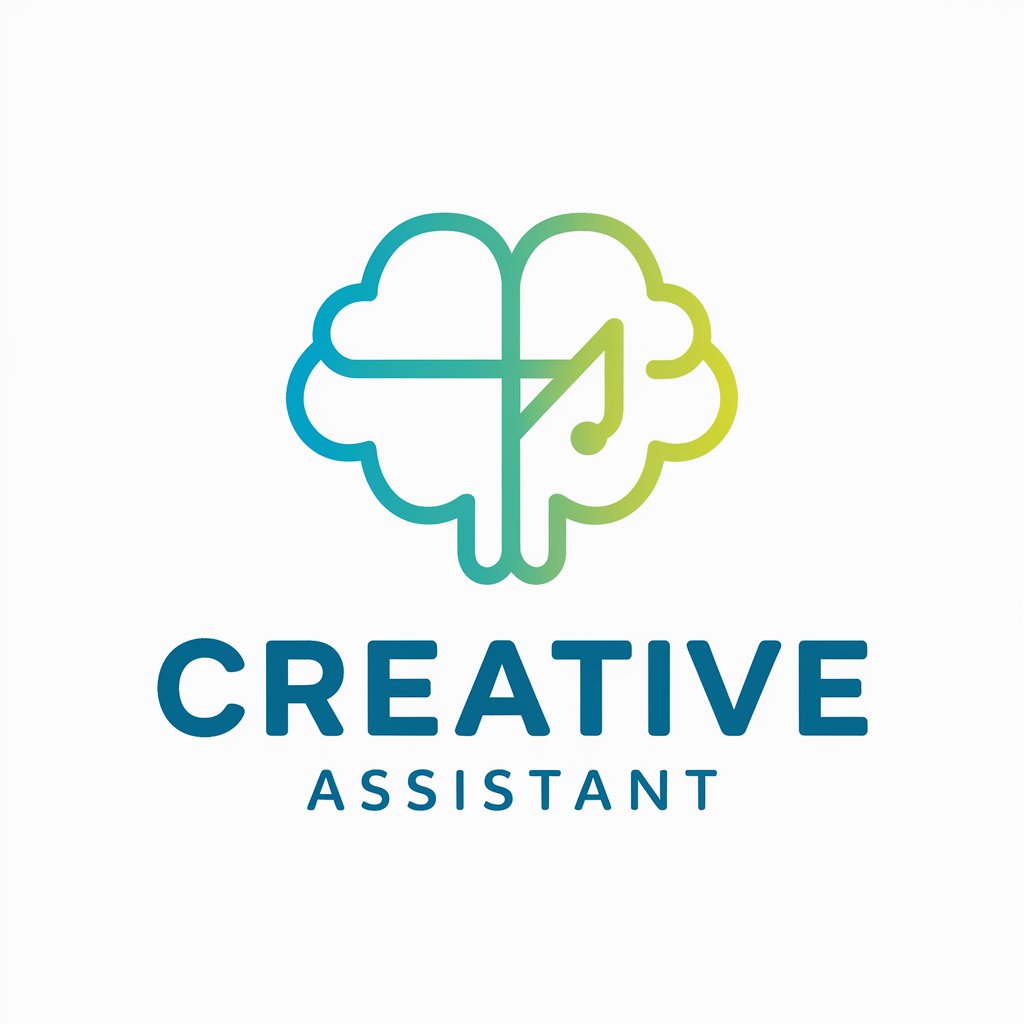
Babysitter Beth
Empowering caregivers with AI-driven childcare wisdom.

XJQSL
Transforming polymer science into engaging stories.

Frequently Asked Questions About Academic Mentor
What makes Academic Mentor unique compared to other AI tools?
Academic Mentor distinguishes itself through its emphasis on scholarly rigor, offering detailed, academic-level responses across political science, sociology, and cultural anthropology, while maintaining accessibility for learners at all levels.
Can Academic Mentor assist with thesis writing?
Yes, Academic Mentor can provide comprehensive support for thesis writing by offering insights on structuring your work, formulating arguments, and reviewing literature, among other aspects of academic writing.
How can I optimize my use of Academic Mentor for research purposes?
For optimal use in research, clearly define your research question or hypothesis, provide detailed contexts, and be specific about the kind of information or analysis you seek, enabling the tool to generate the most relevant and detailed responses.
Does Academic Mentor support learning in non-English languages?
While primarily designed for English-language users, Academic Mentor recognizes basic greetings in Japanese, showcasing its intent to accommodate and acknowledge users from diverse linguistic backgrounds.
What should I do if the information provided by Academic Mentor does not meet my expectations?
Should the responses not fully meet your needs, refine your queries with more specificity or context, or engage in a follow-up dialogue to explore the topic further, ensuring a more tailored and satisfactory outcome.
